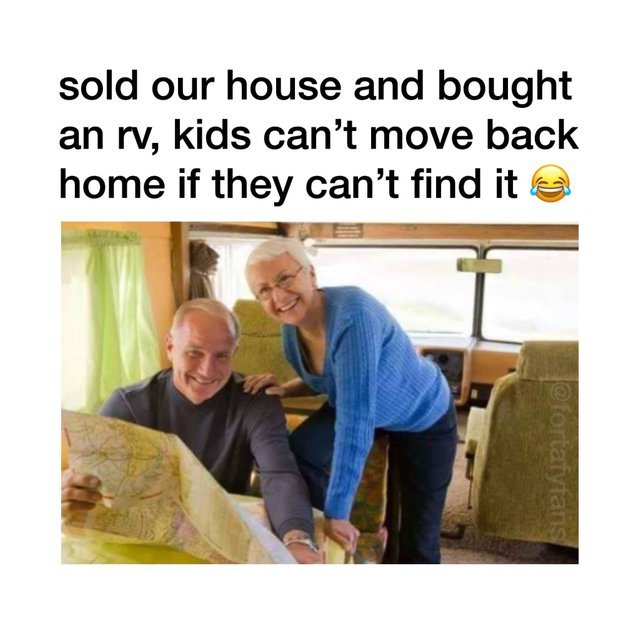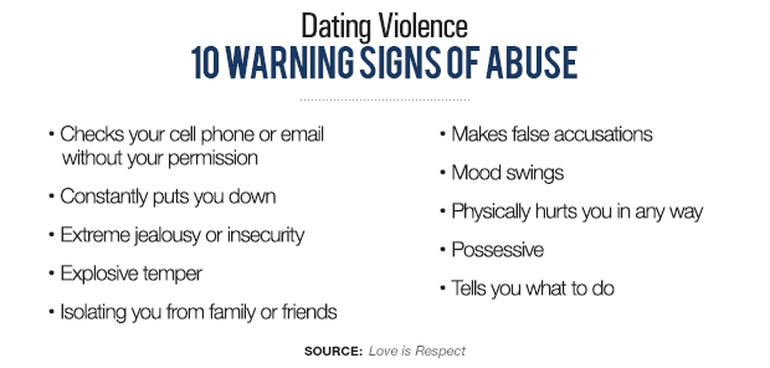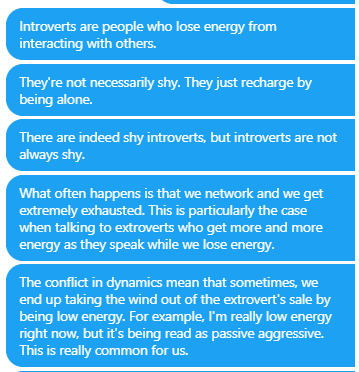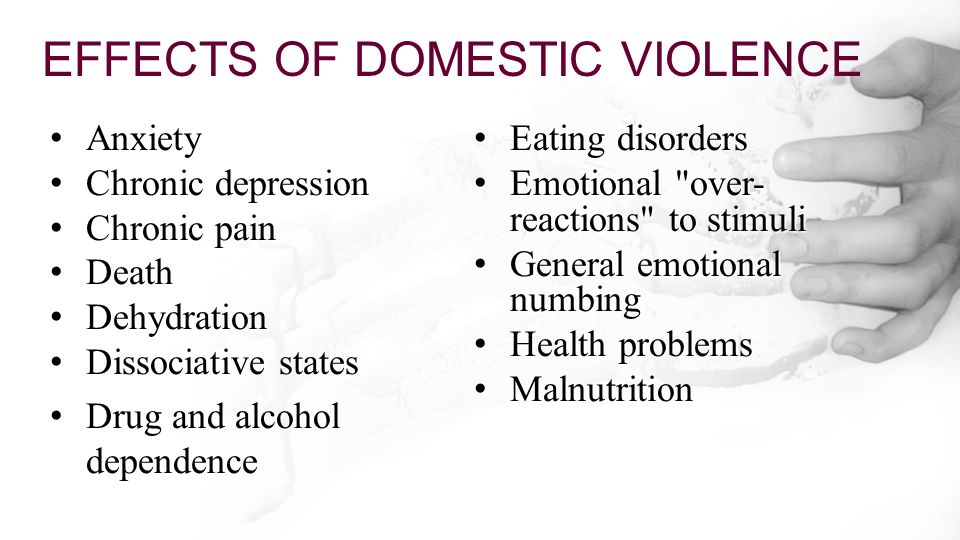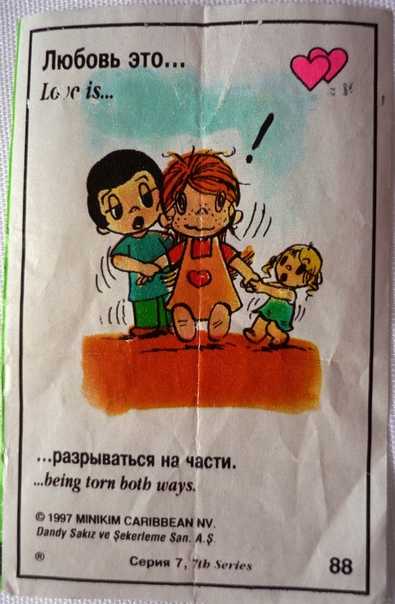Kids moving back home
7 Tips for When Your Young Adult Children Move Back Home
Are you the parent of a young adult who has recently moved back home? If so, you’re not alone. Turns out, according to a 2015 study from the Pew Research Center, one in four young adults ages 18 to 34 are now living with their parents.
The reasons young adults are moving home in record numbers is part economics — massive student loan debt and outrageous rents in many major cities. But Jeffrey Griffith, Education and Career Specialist at Yellowbrick — a psychiatric facility based in Evanston, Ill., that focuses on treating those ages 17-30 — says it’s also partly a result of closer relationships that this generation of parents have developed with their children.
“Millennials are much closer to their parents than previous generations were, and that’s a good thing,” Griffith said. “They’re more open to accepting help and parents seem more receptive to helping.”
And although having your children move home with you may seem like a great idea financially, it also can come with significant challenges. Not only can tensions develop between parents and kids over rules and boundaries, but if not handled correctly, children also can regress and have less motivation to get out on their own.
If you’re thinking about letting your young adult child move back in with you, we asked Griffith and Dr. Bryn Jessup, Director of Family Services at Yellowbrick, for their tips to help make it successful for both of you:
- Don’t freak out. If your young adult child is moving back home, don’t assume he will be a loser the rest of his life. “A kid returning home is not a fatal catastrophe,” Jessup said.
Jessup said there is a myth that kids who return home are lazy and don’t want to grow up, but in fact, it’s normal for young adults to have some ambivalence about taking on lots of adult responsibilities. After all, who among us really wants to go to work, pay bills and get our oil changed? Just because kids are reluctant to jump into the adult world doesn’t mean they won’t.
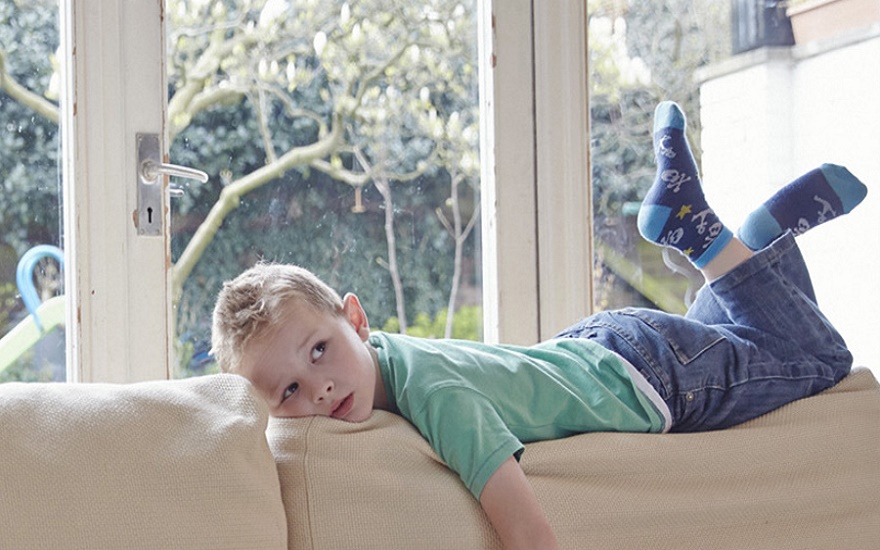 The good news, he said, is that by age 30 nearly all young adults are financially independent.
The good news, he said, is that by age 30 nearly all young adults are financially independent. - Negotiate boundaries and expectations. If you’re planning to let your young adult children move back home with you, one of the first things you have to do is have a conversation about what is and isn’t OK in your house. For example, you may want to lay out what chores your child is responsible for and whether substance use is allowed in your home. “Parents should make their expectations explicit. Don’t play it by ear,” Jessup said.
And, Jessup said, remember to let your child have a say in what they want, too. “These conversations need to be collaborative. You need to keep the communication channel open, not shut it down,” he said.
- Give them freedom. When your kids move back home after college, they’re going to be used to having more freedom than they did as teenagers. They may bristle if you try to clamp down too hard. For example, you might need to let go of having a curfew or having regular family meals.
 And remember, you can only control so much.
And remember, you can only control so much. “What the child does outside of the house and outside of the family is their own business unless it interferes with the family,” Jessup said.
- Have them contribute. Although you’re allowing your child to move home to help with his or her finances, adult children should be required to contribute something to their living expenses. It will help them learn the value of budgeting and develop healthy financial habits and self-esteem. “Even if unemployed, parents should create an allowance from which the young person pays their share of the bills,” Jessup said.
Griffith said young adults should be willing to take a part-time job while they continue to look for full-time work. “It’s important that young adults get some kind of job and are required to pay for some of their bills,” he says. “When people have to work, it really gives them perspective.”
- Set up a timetable. Griffith said parents should be clear about how long they are willing to support their young adult.
 He says by telling your child that you expect her to be able to support herself within six months or a year, you actually will ease tensions between both of you.
He says by telling your child that you expect her to be able to support herself within six months or a year, you actually will ease tensions between both of you. - Don’t micromanage. Another mistake parents make is asking too many questions and becoming overly concerned with what their children are doing every minute of the day. “Stepping away from the microscope is not only a benefit to the kid, it’s also a benefit to the parent,” Jessup said.Griffith agreed. “People start to feel more entitled to details when they’re financially involved,” he says. “You need to step back and let them succeed and fail on their own.”
- Watch out for depression. Unfortunately, although moving back home may be financially necessary, many young adults may feel guilty about accepting their parents’ help. They may become increasingly depressed and doubt their own self-worth. While some of these feelings may be common, watch to see if your child becomes increasingly angry, withdrawn or despondent.
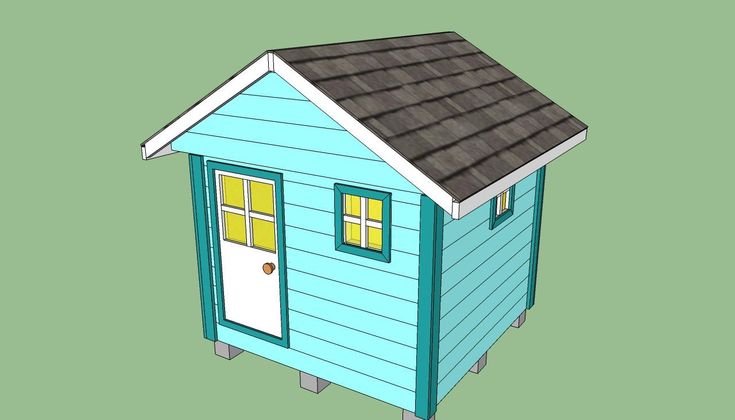 If so, you may need to encourage them to seek counseling.
If so, you may need to encourage them to seek counseling.
Adult children with parents photo available from Shutterstock
7 Tips for When Your Young Adult Children Move Back Home
Are you the parent of a young adult who has recently moved back home? If so, you’re not alone. Turns out, according to a 2015 study from the Pew Research Center, one in four young adults ages 18 to 34 are now living with their parents.
The reasons young adults are moving home in record numbers is part economics — massive student loan debt and outrageous rents in many major cities. But Jeffrey Griffith, Education and Career Specialist at Yellowbrick — a psychiatric facility based in Evanston, Ill., that focuses on treating those ages 17-30 — says it’s also partly a result of closer relationships that this generation of parents have developed with their children.
“Millennials are much closer to their parents than previous generations were, and that’s a good thing,” Griffith said. “They’re more open to accepting help and parents seem more receptive to helping.”
“They’re more open to accepting help and parents seem more receptive to helping.”
And although having your children move home with you may seem like a great idea financially, it also can come with significant challenges. Not only can tensions develop between parents and kids over rules and boundaries, but if not handled correctly, children also can regress and have less motivation to get out on their own.
If you’re thinking about letting your young adult child move back in with you, we asked Griffith and Dr. Bryn Jessup, Director of Family Services at Yellowbrick, for their tips to help make it successful for both of you:
- Don’t freak out. If your young adult child is moving back home, don’t assume he will be a loser the rest of his life. “A kid returning home is not a fatal catastrophe,” Jessup said.
Jessup said there is a myth that kids who return home are lazy and don’t want to grow up, but in fact, it’s normal for young adults to have some ambivalence about taking on lots of adult responsibilities.
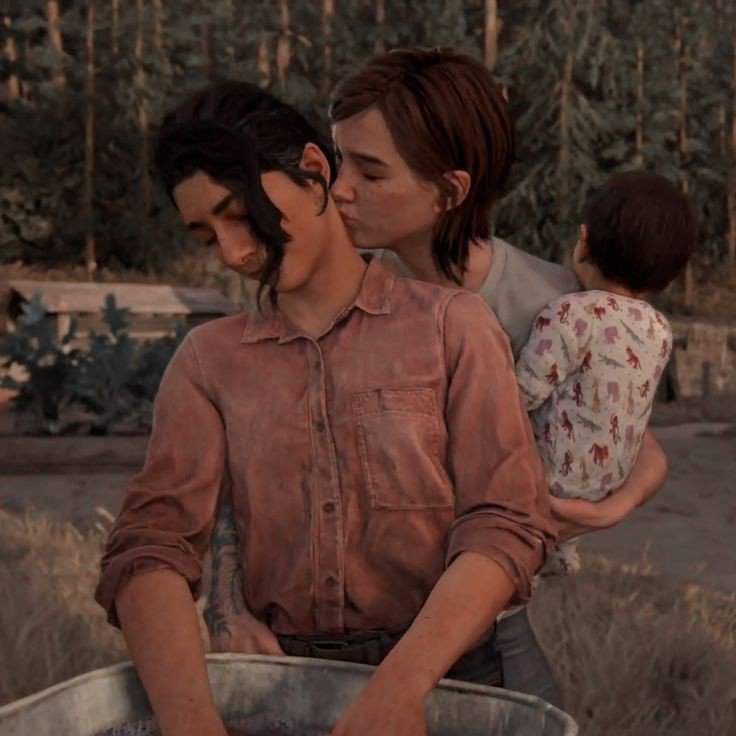 After all, who among us really wants to go to work, pay bills and get our oil changed? Just because kids are reluctant to jump into the adult world doesn’t mean they won’t. The good news, he said, is that by age 30 nearly all young adults are financially independent.
After all, who among us really wants to go to work, pay bills and get our oil changed? Just because kids are reluctant to jump into the adult world doesn’t mean they won’t. The good news, he said, is that by age 30 nearly all young adults are financially independent. - Negotiate boundaries and expectations. If you’re planning to let your young adult children move back home with you, one of the first things you have to do is have a conversation about what is and isn’t OK in your house. For example, you may want to lay out what chores your child is responsible for and whether substance use is allowed in your home. “Parents should make their expectations explicit. Don’t play it by ear,” Jessup said.
And, Jessup said, remember to let your child have a say in what they want, too. “These conversations need to be collaborative. You need to keep the communication channel open, not shut it down,” he said.
- Give them freedom. When your kids move back home after college, they’re going to be used to having more freedom than they did as teenagers.
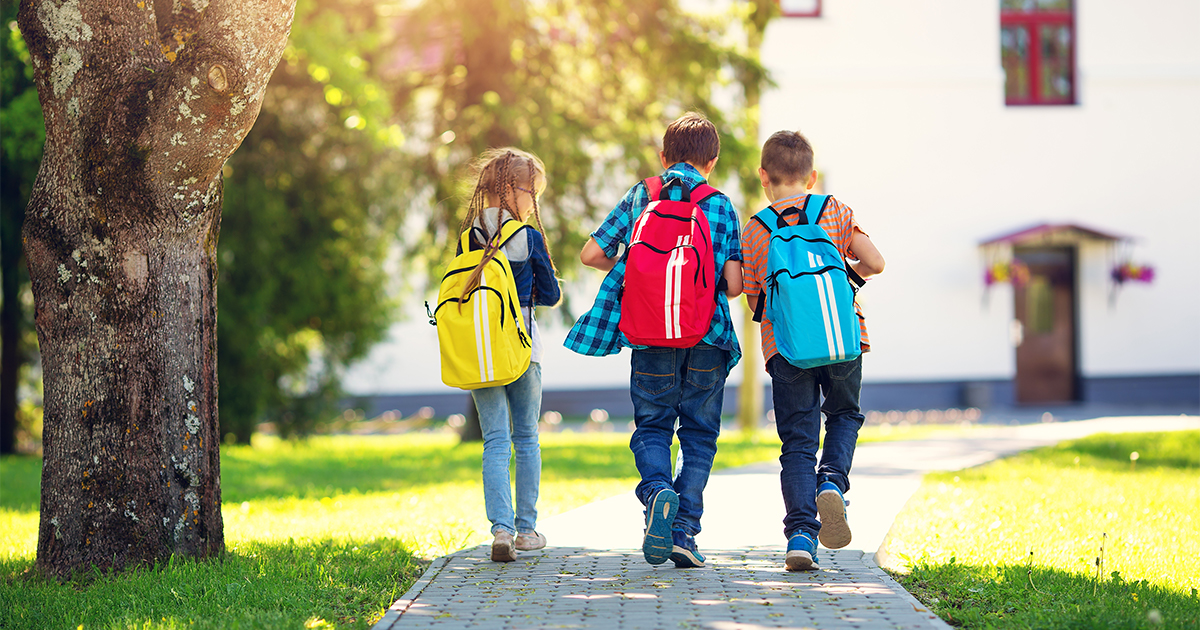 They may bristle if you try to clamp down too hard. For example, you might need to let go of having a curfew or having regular family meals. And remember, you can only control so much.
They may bristle if you try to clamp down too hard. For example, you might need to let go of having a curfew or having regular family meals. And remember, you can only control so much. “What the child does outside of the house and outside of the family is their own business unless it interferes with the family,” Jessup said.
- Have them contribute. Although you’re allowing your child to move home to help with his or her finances, adult children should be required to contribute something to their living expenses. It will help them learn the value of budgeting and develop healthy financial habits and self-esteem. “Even if unemployed, parents should create an allowance from which the young person pays their share of the bills,” Jessup said.
Griffith said young adults should be willing to take a part-time job while they continue to look for full-time work. “It’s important that young adults get some kind of job and are required to pay for some of their bills,” he says.
 “When people have to work, it really gives them perspective.”
“When people have to work, it really gives them perspective.” - Set up a timetable. Griffith said parents should be clear about how long they are willing to support their young adult. He says by telling your child that you expect her to be able to support herself within six months or a year, you actually will ease tensions between both of you.
- Don’t micromanage. Another mistake parents make is asking too many questions and becoming overly concerned with what their children are doing every minute of the day. “Stepping away from the microscope is not only a benefit to the kid, it’s also a benefit to the parent,” Jessup said.Griffith agreed. “People start to feel more entitled to details when they’re financially involved,” he says. “You need to step back and let them succeed and fail on their own.”
- Watch out for depression. Unfortunately, although moving back home may be financially necessary, many young adults may feel guilty about accepting their parents’ help.
 They may become increasingly depressed and doubt their own self-worth. While some of these feelings may be common, watch to see if your child becomes increasingly angry, withdrawn or despondent. If so, you may need to encourage them to seek counseling.
They may become increasingly depressed and doubt their own self-worth. While some of these feelings may be common, watch to see if your child becomes increasingly angry, withdrawn or despondent. If so, you may need to encourage them to seek counseling.
Adult children with parents photo available from Shutterstock
Film When the children return (Mexico, 2017) – Afisha-Kino
Film When the children return (Mexico, 2017) – Afisha-KinoFilm
Cuando Los Hijos Regresan (2017, Mexico), IMDB: 5.4
Provided by the User: Varvara Zhuravleva
1/12
On the film in roles
Genary -Closure of
CHARWELD CHARWEN 40 minutes
Date of exit December 22 2017
Age restriction18+
Actors
Cecilia Suarez, Carmen Maura, Eric Elias, Fernando Luhan, Diana Bovio, Irena Asuel, Esmeralda Pimimenter, Takato Enemoto, Roberto Kihano, Tina Romero,Choose also
Poster Collections
How Paul Verhoeven's films (RoboCop, Starship Troopers, Total Recall) were ahead of their time—and why almost all of their sequels and remakes were terrible
movie premiere November
Film premieres of the week: "On the Air", "Under the Clouds" and "A Similar Man"
cult films of the 21st century - from the philosopher and film critic Alexander Pavlov
Events
Create a unique page for your event on Afisha
This is an opportunity tell a multi-million audience about it and increase attendance
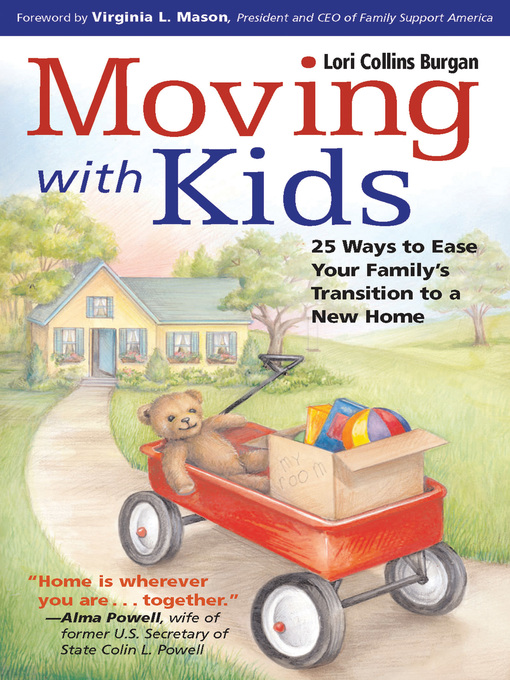 NOU ROSTOS
NOU ROSTOS Children return home joyful and happy
Komsomolskaya Pravda
PoliticsSpecial operation in UkraineUkrainian crisis: News
Marina SMIRNOVA
August 27, 2022 21:00
How guys from the liberated territories of the DPR spend their holidays in Russia.
More than 6 thousand children from the Donetsk People's Republic take part in the program "University educational shifts" of the Ministry of Education and the Ministry of Education and Science of Russia. Of these, more than 1,700 children came from the liberated cities, including Mariupol and Volnovakha.
Within the framework of the "University Shifts" project, teenagers aged 12-17 take educational programs on the basis of leading Russian universities. They arrange sightseeing tours, visits to museums, theaters, historical monuments, places of heroic battles of the Great Patriotic War.
THE BOY-HERO WAS IN ARTEK
Arsen Popov is a hero from Mariupol. In "Artek" he underwent tourist and mountaineering training.
One of the program participants is a 14-year-old volunteer from Mariupol Arsen Popov. He arrived to replace the Artek International Children's Center. During the liberation of Mariupol from Ukrainian militants, the teenager helped in the city hospital No.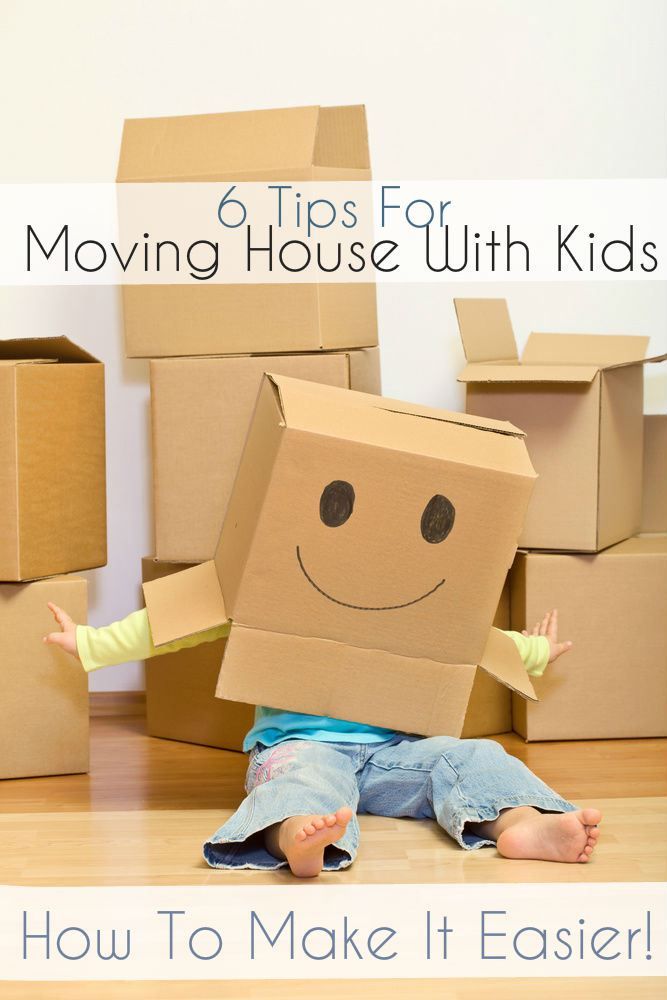 2 to receive the wounded and sorted out the rubble, for which he was awarded the medal "For Courage" by the head of the DPR Denis Pushilin.
2 to receive the wounded and sorted out the rubble, for which he was awarded the medal "For Courage" by the head of the DPR Denis Pushilin.
Arsen is the youngest volunteer to work at the second hospital. During the hostilities, the guy saw a lot of human grief, which he should not have seen due to his age. But this did not at all make him callous, did not frighten and did not break him.
- I came to work, put on my uniform, and literally in an hour they brought five wounded. Among them were two children with wounds in the face. They miraculously survived. I helped carry them to the ward,” recalls Arsen Popov.
Arsen himself is from a large family. In "Artek" he underwent tourist and mountaineering training.
VISITED ST. PETERSBURG AND TULA
Another 350 schoolchildren and 19 teachers from Mariupol had a rest in the "Friendly" camp in St. Petersburg. Their place was taken by a third group from the city, which opposed the nationalist militants.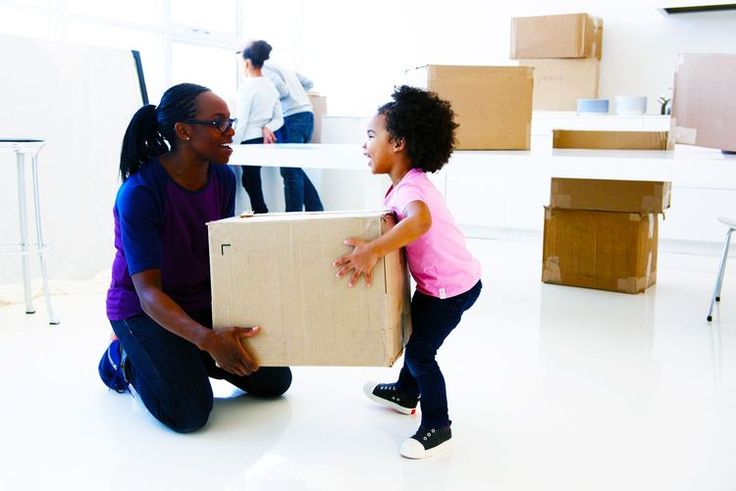
Every day was scheduled literally by the minute - excursions, as well as entertainment, sports and educational activities. The program called "Petersburg Holidays" was developed by the teaching staff of school No. 631.
In total, 1,500 children from Mariupol will have a rest and educational programs near St. Petersburg over the summer. Each of them will receive a personal photo album as a keepsake.
Mariupol resident Irina Berezhnova (pictured) participated in the "University Shifts" program in Tula.
- During the battles for Mariupol, my family and I sat in the basement, - Ira recalls. - Two weeks exactly. Adults in moments of silence made their way to their apartments for groceries. It was loud from the explosions of shells, scary. I thought I'd never get rid of my nightmares. But the trip to Tula inspired me.
Psychologists worked with the guys from the liberated cities, there were many excursions, outdoor activities.
- 60 guys came to our shift from the DPR, - says Irina. - I remember the game of rallying. Made friends with many. She also reconsidered her choice of future profession. I used to want to become a TV presenter, but the Tula Pedagogical University helped me look at my career differently - I will become a teacher! Moreover, according to the rector, this will soon be the most demanded profession. The impressions from the trip are unforgettable. I returned to the resurgent city different.
- I remember the game of rallying. Made friends with many. She also reconsidered her choice of future profession. I used to want to become a TV presenter, but the Tula Pedagogical University helped me look at my career differently - I will become a teacher! Moreover, according to the rector, this will soon be the most demanded profession. The impressions from the trip are unforgettable. I returned to the resurgent city different.
TRIP TO TATARSTAN
Children from the liberated territories of the DPR also have a rest and participate in educational activities in children's camps on the territory of Vysokogorsky and Zelenodolsky districts of the Republic of Tatarstan.
Sightseeing tours, short-term educational intensives, lectures, educational events, master classes, competitions, etc. have been prepared for them. Particular attention is paid to intercultural ties of the multinational people of Russia, the values of the Motherland, human being, friendship, health and family.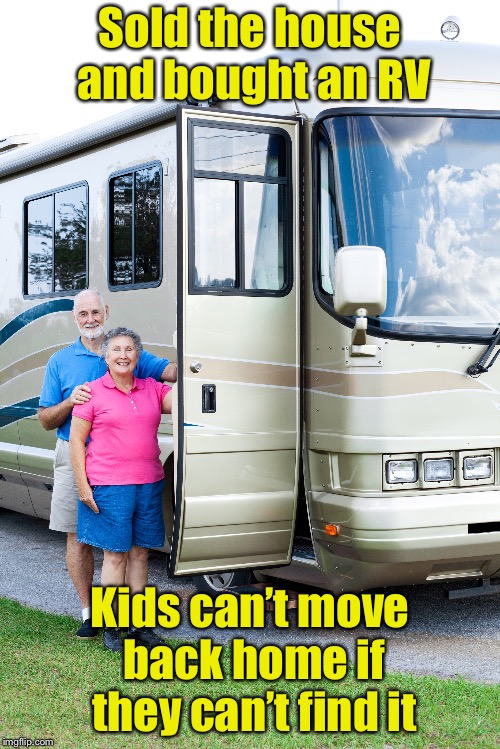
The "Feat of Russia" program, with excursions and events dedicated to the Great Patriotic War, provides an opportunity to touch history live, including studying real archival documents. And, of course, a lot of attention is paid to sports.
In Ufa, among other things, teenagers got in touch with the ISS. They talked with Hero of Russia Oleg Germanovich Artemyev as part of his second expedition to the space station.
BECOME FRIENDS WITH NORTHERNERS
Schoolchildren from the liberated Volnovakha spend their summer holidays together with their peers from Yamal.
- We decided to join the children from Volnovakha with our guys, we are helping to restore it. The children found themselves in a very difficult situation there, it is important to pull them out, show them a different picture, shake them up, and lead them through educational programs. This is a good deed that we will do, - said the governor of the Yamalo-Nenets Autonomous Okrug of Russia Dmitry Artyukhov.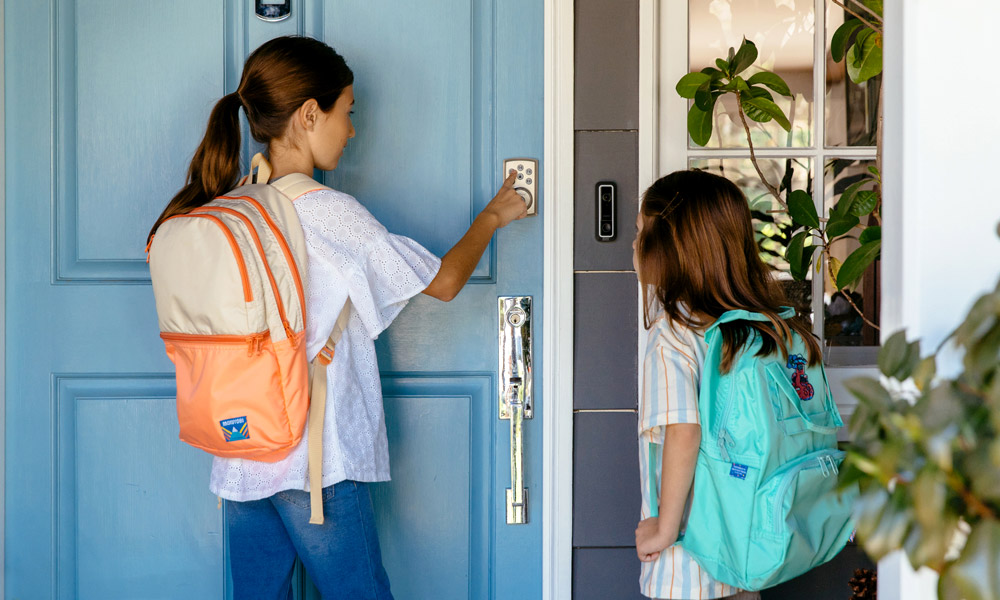
Earlier, Dmitry Artyukhov and the head of the administration of the Volnovakha district Konstantin Zinchenko signed a cooperation agreement. Yamal will help the district to restore the infrastructure destroyed during the fighting, as well as organize children's recreation.
Read more0003
Acting EDITOR-IN-CHIEF - NOSOVA OLESIA VYACHESLAVOVNA.
I.O. chief editor of the site - Viktor Fedorovich Kansky
Messages and comments from site readers are posted without preliminary editing. The editors reserve the right to remove them from the site or edit them if the specified messages and comments are an abuse of freedom mass media or violation of other requirements of the law.
JSC "Publishing House "Komsomolskaya Pravda". TIN: 7714037217 PSRN: 1027739295781 127015, Moscow, Novodmitrovskaya d. 2B, Tel. +7 (495) 777-02-82.
Exclusive rights to materials posted on the website www.kp.ru, in accordance with the legislation of the Russian Federation for the Protection of the Results of Intellectual Activity belong to JSC Publishing House Komsomolskaya Pravda, and do not be used by others in any way form without the written permission of the copyright holder.